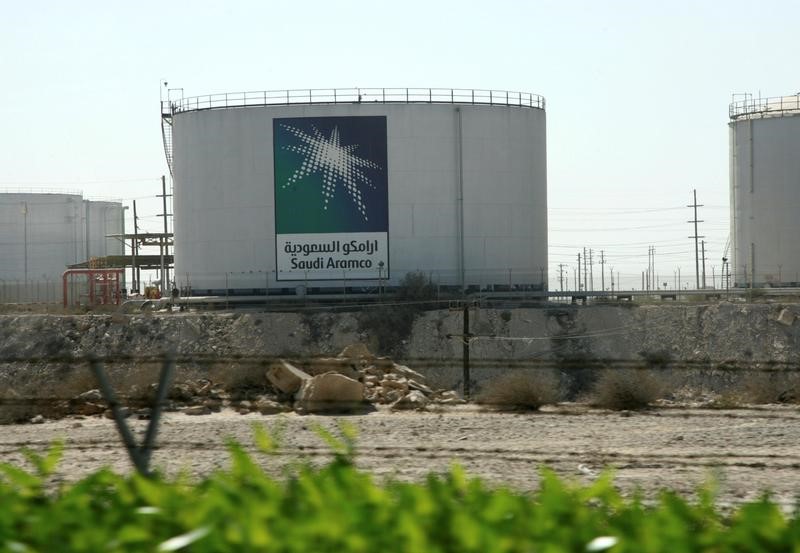By Ben Hirschler
LONDON (Reuters) - Drugmakers are preparing for Britain to quit Europe's medicines regulator as part of Brexit, but industry leaders believe the country can still work closely with the EU agency to agree on drug approvals.
Industry officials said ministers were open to developing a scheme whereby a separate British drugs regulator would work closely with the European Medicines Agency (EMA) through a system of reciprocal or mutual recognition.
"We're heading towards a situation where regulatory cooperation, through various equivalence procedures, is the preferred option," said one person familiar with discussions. "All stakeholders, including doctors, see a public health interest here." In a "White Paper" policy document on Thursday, setting out its plans for coming negotiations on leaving the EU, the government said it would discuss "future status and arrangements" with the EMA as part of the exit talks. The EMA currently approves treatments for all EU countries from its headquarters in London, where it employs a staff of nearly 900, making it the largest EU body in Britain. Health minister Jeremy Hunt said last week he expected those ties to be severed once Britain leaves the EU, fuelling fears that Britons might get slower access to new drugs than the rest of Europe, while companies would face extra regulatory hurdles.
"It would be logical to assume that the EMA will have to stay with Europe and therefore the UK will have to have its own agency," said AstraZeneca (L:AZN) Chief Executive Pascal Soriot.
Nonetheless, he believes Britain's domestic regulator, the Medicines and Healthcare products Regulatory Agency, can still work collaboratively with the EMA. "That should be possible because it is in the interests of everybody and all the regulatory and scientific standards today are common. If you separate the two you could still decide to keep the same regulatory standards and as a result agree to recognise each others approvals," Soriot said. Mike Thompson, CEO of the Association of the British Pharmaceutical Industry, said negotiating such an alignment deal with the EMA would be a "win-win" for Britain and the EU.

It would mean that British scientists could effectively continue to contribute to Europe's drug regulation workload, while ensuring patient access to new medicines. Being cut off completely from the European system could put British patients at the back of the queue for drugs because applications for new licences from Europe - a market of 500 million people - would take priority over the much smaller British market with its population of 65 million.